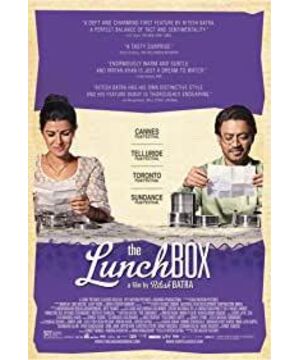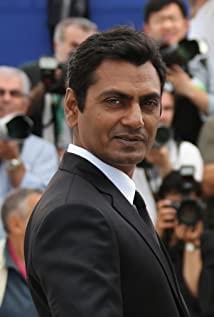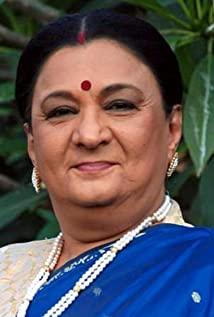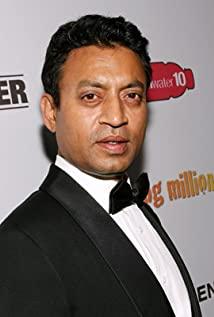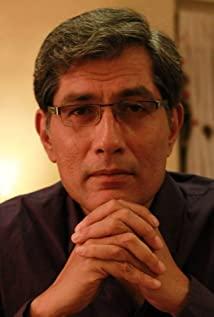Mumbai, the city is wet and muddy, the kitchen is oily and twisted, and the trains are cluttered and crowded, making it unpleasant to look at. There everyone is repeating the same routine. A man at work, a woman cooking lunch with a child at home, a food delivery worker. This kind of repetition is not easy, and even the most boring and tedious repetition requires you to be machine-free. The women have to hold the point, send the children downstairs, and prepare the lunch box; the food delivery man has to go through countless transfers and deliver the lunch box to the desk at one o'clock in the afternoon; and the male protagonist's job happens to be an accountant, and it has been a day for 35 years. Prepare and reconcile payments. Repeated busywork is like turning transparent when the blades of an electric fan turn rapidly, making everything around them transparent. Everything becomes a smell.
This movie has nothing to do with love. It's about two equally transparent people who discover each other and begin to discover their own stories. There are a lot of metaphors in the movie, sometimes obvious, but not contrived, at least I embraced it. There are many themes in the movie, loneliness, meaninglessness, aging, death, everyone is fed up, but life goes on. It's not accepting or accepting it, even if it doesn't wait for you very much, you can't think about it so much so you have to follow it. Sometimes, you just want to steal a quiet place, eat a home-cooked meal, and have a few words with the people closest to you to make you feel like you're still alive.
Although it is an Indian film, it has a bit of Hou Hsiao-hsien's meaning. The atmosphere is boring, so boring that you hate to break the boring, but there is a small expectation. The hardest thing is the warmth.
View more about The Lunchbox reviews


